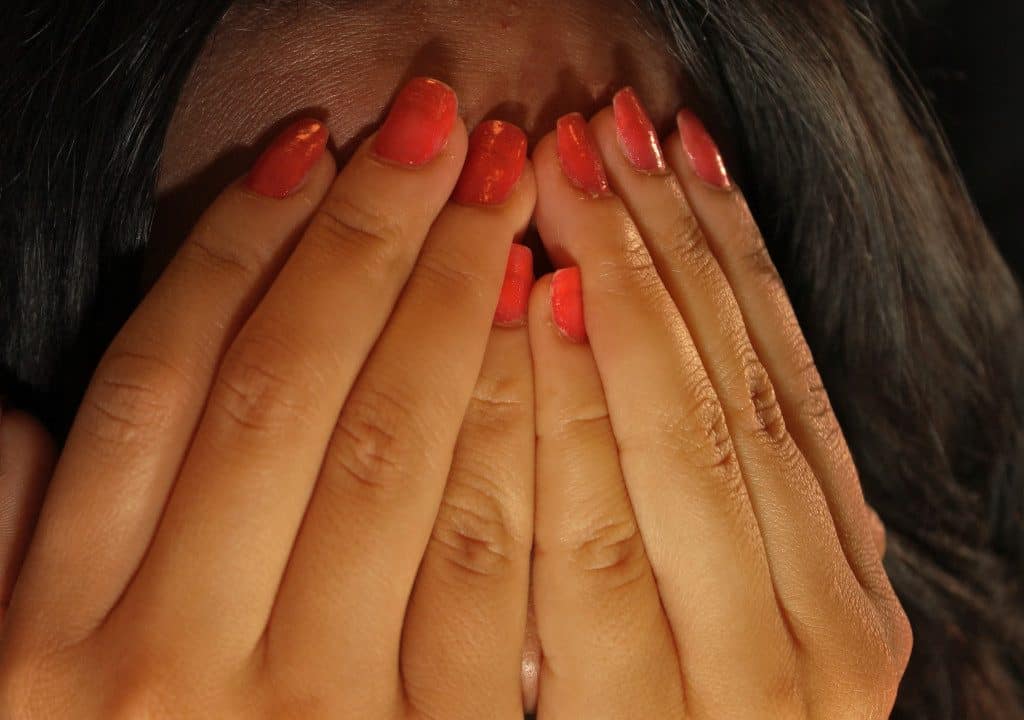Ancient Eastern wisdom has maintained that there is an emotional and energetic connection between different parts of the body through so-called meridians. These energy channels not only traverse vital organs but also affect our dentition, establishing a unique relationship between our teeth and the emotions we experience.
The Impact of Teeth on Emotional Health Through Biodecoding
In Eastern cultures, the act of chewing is deeply valued, to the extent that up to 100 chews are recommended before swallowing the more solid foods. This meticulous process is not only crucial for efficient digestion but also reflects an attitude of patience and calmness, which contrasts with the Western lifestyle’s pace.
Moreover, according to experts in the field, like the authors of La Enfermedad Como Camino, dental issues such as poor dentition may indicate difficulties in expressing frustration and bewilderment. This repression of emotions can lead an individual to suffer from bruxism, a condition where the teeth are clenched or ground together unconsciously, often during sleep.
Bruxism: More Than a Mere Habit
Bruxism is not just a bad habit but a physical manifestation of stress and emotional tension. Indeed, this unconscious act of clenching the teeth may be indicative of unexpressed emotions, such as anger or frustration. Additionally, those affected by this disorder often experience an increase in muscle tension, which can extend to the shoulders, neck and head, exacerbating the cycle of stress and discomfort.
It is important to highlight the need to pay attention to oral health from a broader perspective, including maintaining the pH balance of saliva, which should be between 6.2 and 6.5. A lower pH may indicate emotional issues, such as the accumulation of yellow bile, associated with vexation.
Emotional Interpretation of Teeth in Biodecoding
Dental biodecoding does not merely view teeth as structural components of our mouth but as mirrors of our emotions and life experiences. Each type of tooth, from incisors to molars, carries a specific emotional burden that can reveal imbalances in our emotional and psychological well-being.
Incisors: Windows to Family Dynamics
The incisors are closely linked to family dynamics and our perceptions of love and security. These teeth reflect how we feel about our parents and our need to be loved. Furthermore, they are related to our sexuality and the ability to offer paternal or maternal love to others.
Canines: Manifestations of Desire and Possession
Conversely, the canines symbolize our most basic instincts related to desire and possession, including sexual desires. A problem with these teeth may indicate a feeling of scarcity or an internal struggle marked by anger, rage and bitterness over not achieving what is desired.
Premolars: Individuality and Social Interaction
The upper premolars reveal much about our identity and social relationships. The first upper premolar, for instance, is associated with our struggle to differentiate ourselves from others, while the second premolar reflects our ability to act and manifest our individuality in the world.
Problems with these teeth may arise from life changes that make us feel as though a part of us has died or from frustrations over not meeting our personal expectations. Conversely, the lower premolars are often linked to experiences of injustice and feelings of distrust towards the future, manifesting emotions such as disillusionment and discontent.
Molars: Creation and Reception in the Environment
The upper molars are indicative of how we expand and grow in life. The first upper molar is associated with the desire to progress and create our own existence, while the second molar relates to how our desires and actions are received by those around us. Weakness in these teeth may be a sign of fear of the future or of not allowing ourselves time for enjoyment and personal pleasure.
Lower Molars: Links to the Past and Adaptability
The lower molars become a focus when discussing attachment and emotional adaptability. The first lower molar is linked with our attachment to the past and lived experiences, often manifesting emotions such as melancholy. This connection suggests how past experiences can continue to affect us, influencing our current emotions.
Meanwhile, the second lower molar symbolizes the need for flexibility in the face of life’s challenges. Weakness in this tooth could reflect a struggle with humility and the ability to adapt to new circumstances. Problems in these teeth may also indicate difficulties in managing our personal relationships, highlighting the importance of adaptability in our interactions with others.
Wisdom Teeth: Indicators of Life Path
The wisdom teeth, or third molars, hold a special place in the emotional interpretation of biodecoding. These teeth are seen as the guardians of our destiny, reflecting whether we are on the right path to personal fulfillment. The emotions associated with problems in the wisdom teeth include anger and unhappiness, along with a sense that life is moving too quickly and not necessarily in the desired direction.
These feelings may be indicative of an identity crisis, where the individual feels they do not find their place or purpose in the world. Teeth do not only fulfill a mechanical function, they also reflect our emotional state. Recognizing and addressing the emotions related to dental problems can improve not only our oral health but also our quality of life.
The cover image has been provided courtesy of Depositphotos.com.




